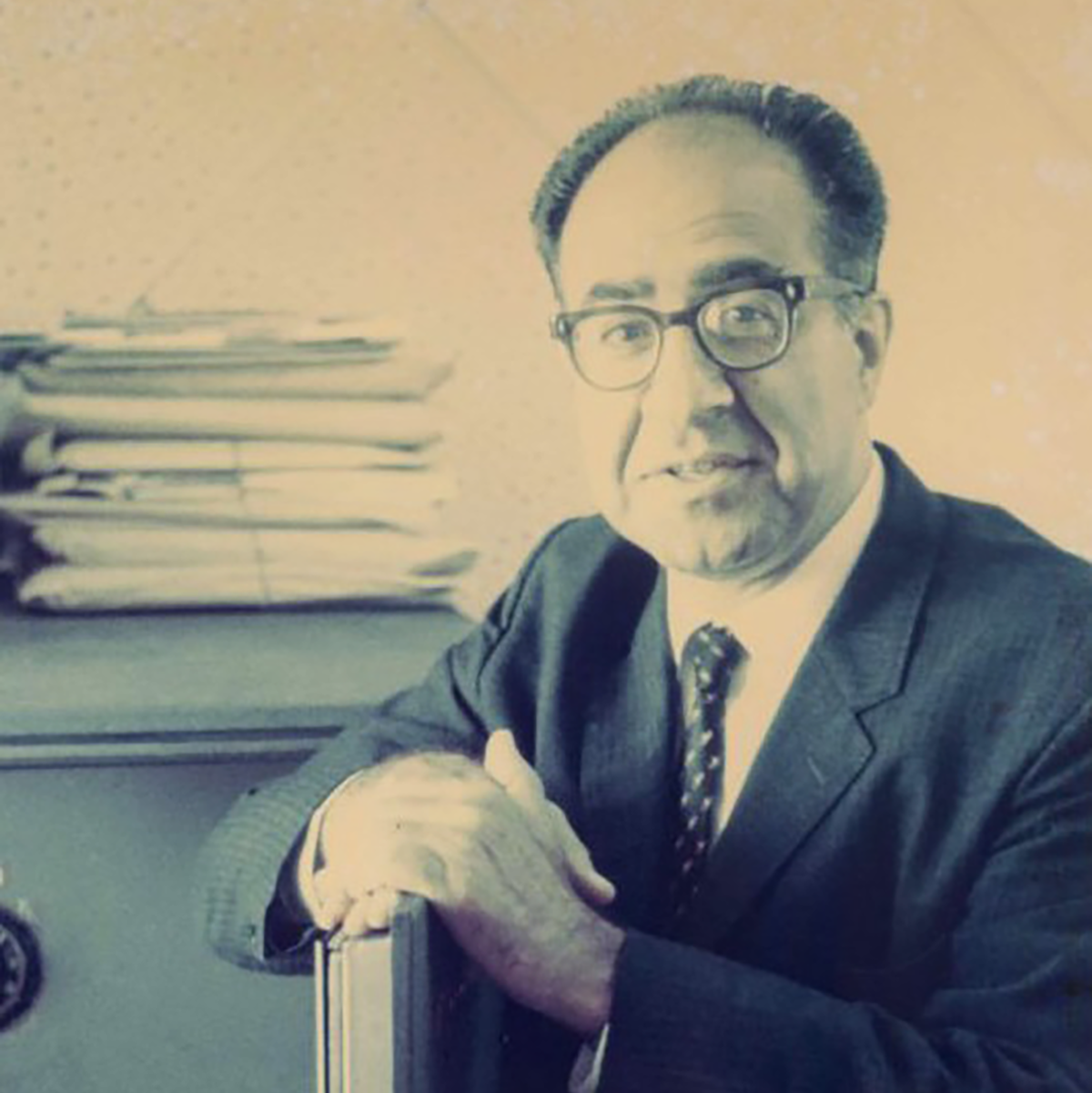About Philip C. Habib
Philip C. Habib (1920-1992) is one of the University of Idaho’s most distinguished alumni, whose reputation as a global peacemaker earned him a Presidential Medal of Freedom from President Ronald Reagan in 1982 (and nominated for a Nobel Peace Prize that same year). Born in New York City, Habib graduated from the U of I in 1942 with a degree in Forestry. While attending the University, he participated in forestry summer camp in McCall, worked for the U.S. Forest Service in St. Joe National Forest and for the Boise-Payette Lumber Company, and served as editor of the Idaho Forester. After four years in the U.S. Army, he enrolled in the economics PhD program at the University of California, Berkeley, and from there was hired by the U.S. State Department. In his thirty years as a foreign service officer, he made his mark on the world, much of it involving Asia. Habib served as Ambassador to South Korea from 1971-74, as Deputy Assistant Secretary of State for East Asian and Pacific Affairs, and finally as Under Secretary of State for Political Affairs. Most notably, he was the key U.S. negotiator at the Paris Peace Accords, helping to bring an end to the Vietnam War (and known to argue fiercely with Kissinger). Although he retired in 1978, President Reagan brought him out of retirement to negotiate peace agreements between Israel and Lebanon, Israel and Egypt, and again to help persuade Ferdinand Marcos to step down in the Philippines. His name is remembered in South Korea where the U.S. ambassador’s residence is known as the “Habib House” and in DC where one of the major State Department conference rooms is named in his memory. The Habib Institute for Asian Studies is honored to carry on the noble work of Philip C. Habib.








